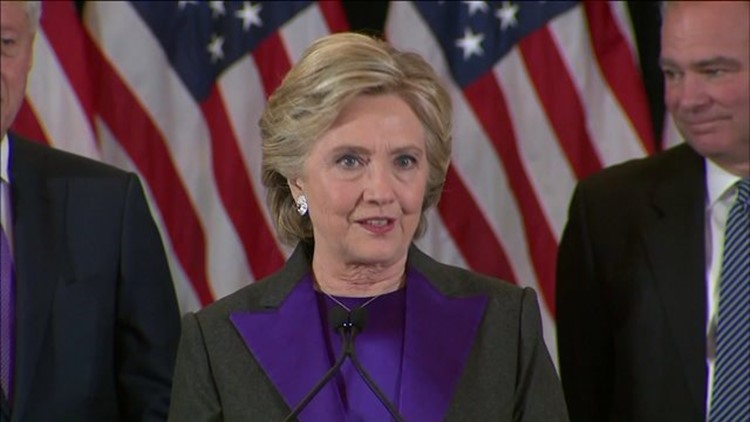HARTFORD -- Why were so many pollsters and pundits wrong about who would win the White House?
For an American public that relies on data for everything from where to find the best taco to the likely victor in a baseball game, Election Day offered a jarring wake-up: The data was wrong.
Donald Trump's stunning electoral win came despite prognosticators' overwhelming insistence he would lose. And it has forced many to question not just political polling, but other facets of life that are being informed and directed by data.
"If 'big data' is not that useful for predicting an election then how much should we be relying on it for predicting civil uprisings in countries where we have an interest or predicting future terror attacks?" asked Patrick Tucker, the author of "The Naked Future: What Happens in a World That Anticipates Your Every Move?" His book examines predictive analytics that aim to pinpoint answers to questions as varied as when a person will get married to how many kindergartners in a given class will end up with a cold.
Technology has filled people's lives with crowdsourced, data-driven or otherwise instructive metrics and left many convinced of their validity. We look to Yelp rankings to find a good meal and TripAdvisor to gauge a city's finest hotel. Netflix tells us which shows are best to watch and Zillow tells us the worth of the home we might buy. Amazon, Google, Facebook — all are ubiquitous presences in everyday life with data at their core.
So many took the predictions of polling aggregators as gospel — and their forecasts of Hillary Clinton's chances of winning the presidency went as high as 99 percent.
Guest: Prof. Gary Rose, Sacred Heart University (Fairfield)



